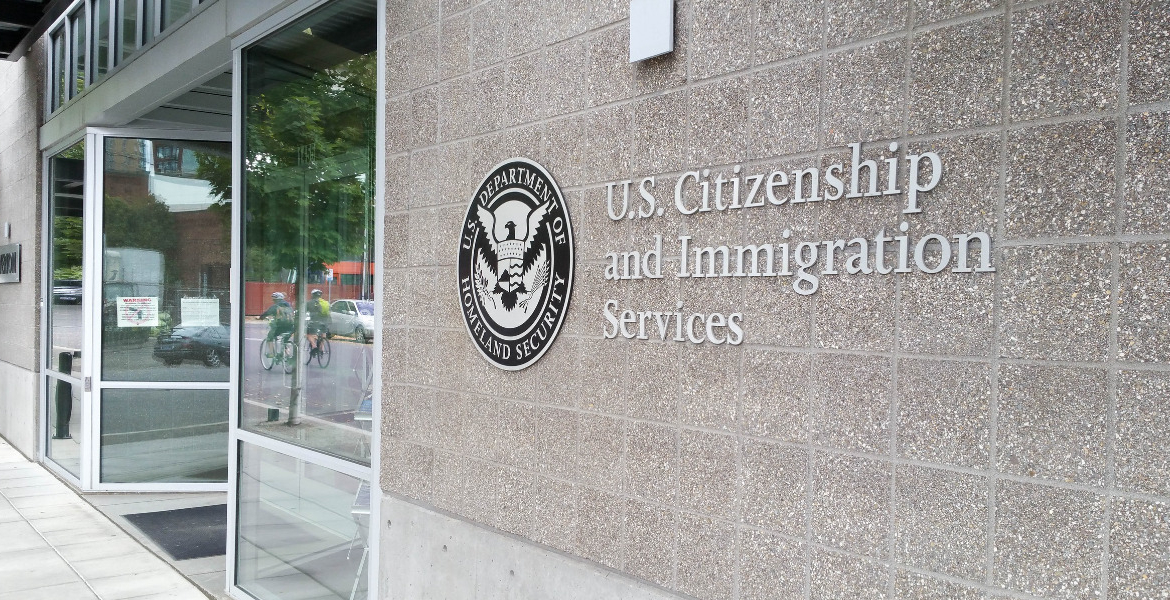USCIS Requires Digital Fee Payments for H-1B and Green Card Applications

From 28 October 2025, all immigration filing fees must be paid electronically, the United States Citizenship and Immigration Services (USCIS) has announced, ending the use of paper cheques and money orders.
The agency’s new rule applies to most immigration benefit requests, including applications for H-1B visas, green cards, work authorisations, and student or dependent extensions. Fees must now be paid either through Automated Clearing House (ACH) debit transactions using Form G-1650 or by credit or debit card using Form G-1450. USCIS confirmed that only payments from US bank accounts or US-issued cards will be accepted, excluding international transfers and foreign-issued payment methods.
Legal and immigration specialists warn that the change, while designed to increase efficiency and financial transparency, may present difficulties for applicants who are overseas or newly arrived in the United States without access to a U.S. bank account.
“USCIS doesn’t accept international payments. That can pose a challenge for applicants outside the country or those who have just arrived and don’t yet have a U.S. account,” said Divij Kishore, Founding Attorney of Flagship Law, which specialises in immigration matters.
The impact is expected to be greatest on individuals filing applications independently rather than through employers or institutions. In such cases, applicants may need to rely on attorneys, sponsors, or US-based representatives to process their payments. Although prepaid credit cards may serve as an alternative for those without bank accounts, the restriction to US-issued instruments remains a significant limitation.
According to Dmitry Litvinov, CEO of the immigration consultancy Dreem, the reform affects a wide range of stakeholders, including employers, educational institutions, family sponsors, and legal representatives handling petitions for students and dependents. He noted that only a small number of categories remain exempt from fees and that hardship waivers, available through Form G-1651, are narrowly defined.
Students applying for F-1 visas from outside the United States are not covered by the new rule, as those applications are handled by the US Department of State. However, students already in the country who are applying for benefits such as Optional Practical Training (OPT) or STEM extensions must comply with the electronic payment requirement. Institutional payers may continue to use electronic systems if they meet the new standards.





Add new comment